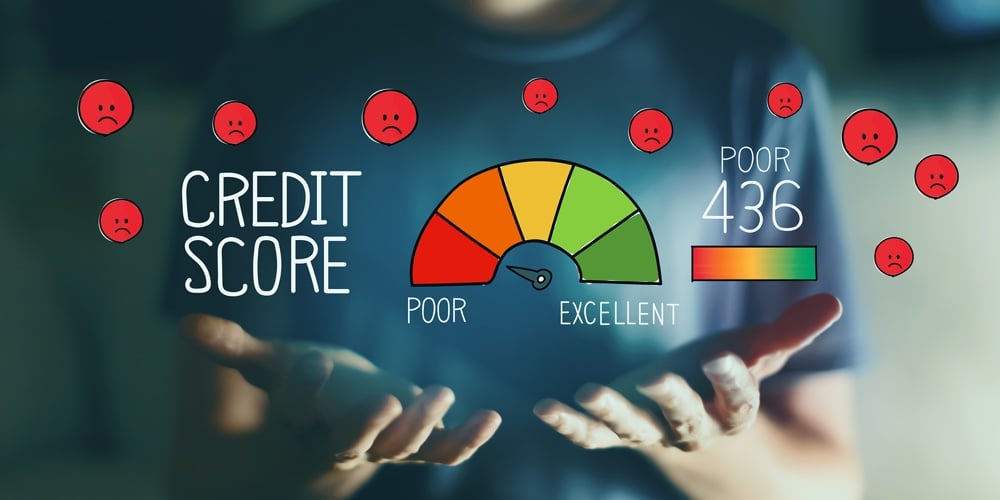How racial bias informs why the current credit scoring system needs a change

For most consumers in the United States, a good credit score represents a pathway to increased wealth and access to a “better life” — the American Dream. As we are beginning to discover, however, not all pathways may be equal to every one of us. Not all are fair.
Traditional credit scoring systems have received a significant amount of attention in the latter half of the last decade from those who question their accuracy and the use of data that may inherently exercise certain bias. That bias may disallow other forms of data or payment reportings (rental, auto) that may inform a larger segment of people, like certain Hispanic and Black consumer groups.
Such complaints also include the absence of public scoring models and the fact that credit scores are used to determine facets of life that have nothing to do with credit, like finding a job.
Credit scores in the U.S. simply don’t work for many Black and Hispanic Americans, who statistically have lower levels of credit quality than other racial groups. Now imagine you’re one of 26 million Americans who are deemed “credit invisible,” essentially have no reportable credit history with any of the three national credit reporting agencies — Equifax, Experian, or TransUnion. Therefore, you are locked out of today’s credit reporting system. According to the Consumer Financial Protection Bureau Black and Hispanic consumers, and those consumers living in low-income neighborhoods, have higher credit invisibility rates.
continue reading »
